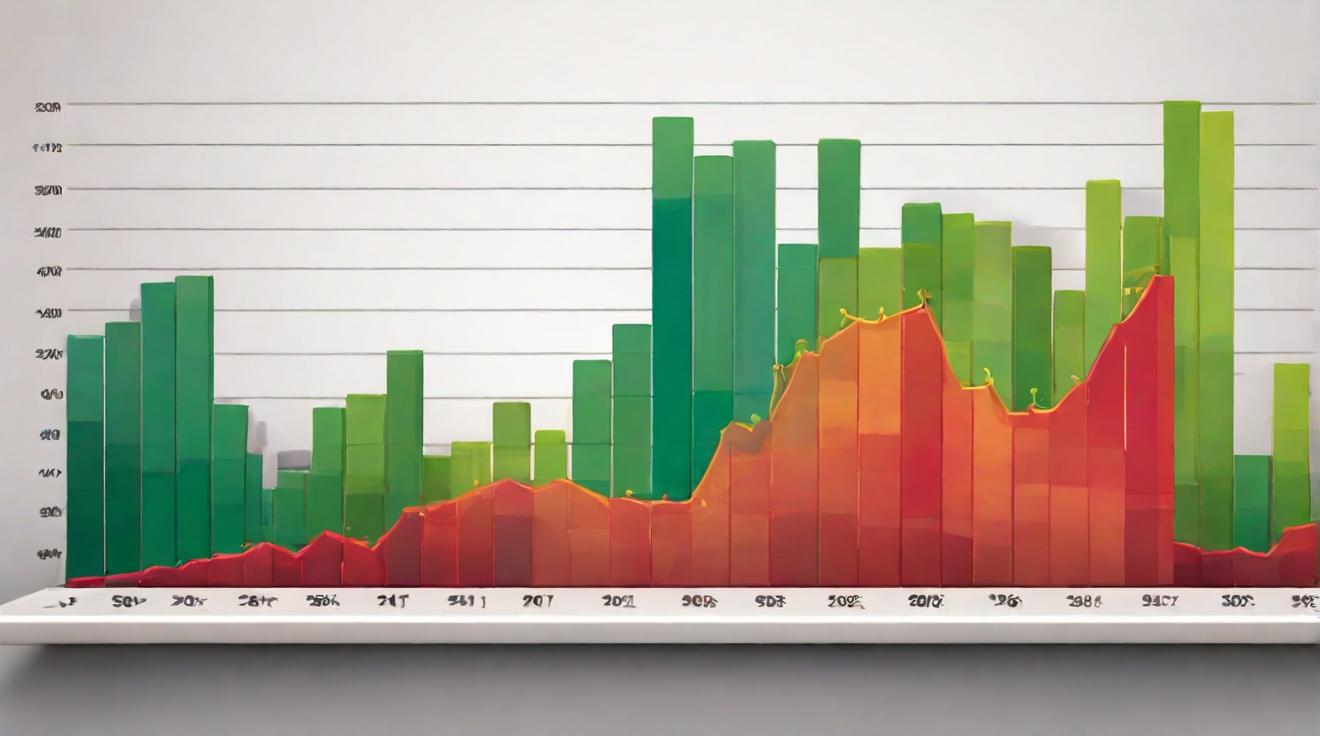Canadian Consumers Reduce Spending Following Holiday Season Surge, Reflecting Impact of High Interest Rates
Canadian consumers have scaled back their spending after a significant surge in retail purchases during the holiday season, highlighting the influence of high interest rates on household budgets. Sales in December increased by 0.9% to a seasonally adjusted 67.30 billion Canadian dollars, according to an advance estimate by Statistics Canada. However, there was a notable 0.4% decline in sales last month, the largest in nine months, indicating a potential softening of sales as unemployment rises and families face higher mortgage rates.
Katherine Judge, a senior economist at CIBC Capital Markets, suggests that the rebound in consumer spending seen in the fourth quarter may not continue. The Canadian Chamber of Commerce also reported a 1.4% decline in consumer spending in January, marking the first year-over-year drop in nearly three years, underscoring the impact of higher rates on household finances.
Despite these concerns, retail sales in December were bolstered by strong performance in five of nine segments, particularly motor vehicle and parts dealers. Core retail sales, excluding gas stations and car and auto-part dealers, experienced a more modest 0.5% increase, led by general merchandise retailers and supermarkets.
For the final quarter of 2023, retail sales increased by 1.0%, continuing the growth trend. Statistics Canada’s early GDP estimate indicates industry-level growth at an annualized rate of 1.2% for the quarter, following a slight contraction previously.
While the Bank of Canada is expected to maintain its benchmark interest rate, worries persist regarding high inflation and the impact of elevated rates on consumer confidence and business investments. Surprisingly, retail sales volumes in the last quarter showed strength, attributed to favorable weather conditions and robust population growth.
Canadian retailers achieved sales of approximately C$794.4 billion in the past year, representing a 2.2% increase over 2022. This growth was primarily driven by sales at vehicle and parts dealers, food and beverage retailers, and health and personal-care stores, although gas stations and fuel vendors experienced a decline.
Source: Bloomberg
Analyst comment
Negative news.
As an analyst, the market is likely to face challenges as Canadian consumers reduce spending due to high interest rates. The decline in sales indicates a potential softening of sales, especially as unemployment rises and families face higher mortgage rates. Consumer spending may not continue to rebound, and concerns about higher rates impacting household finances persist. However, the retail sales in December were bolstered by strong performance in certain segments, indicating some resilience in the market. The Bank of Canada is expected to maintain its benchmark interest rate, but worries about inflation and the impact on consumer confidence and business investments remain.













